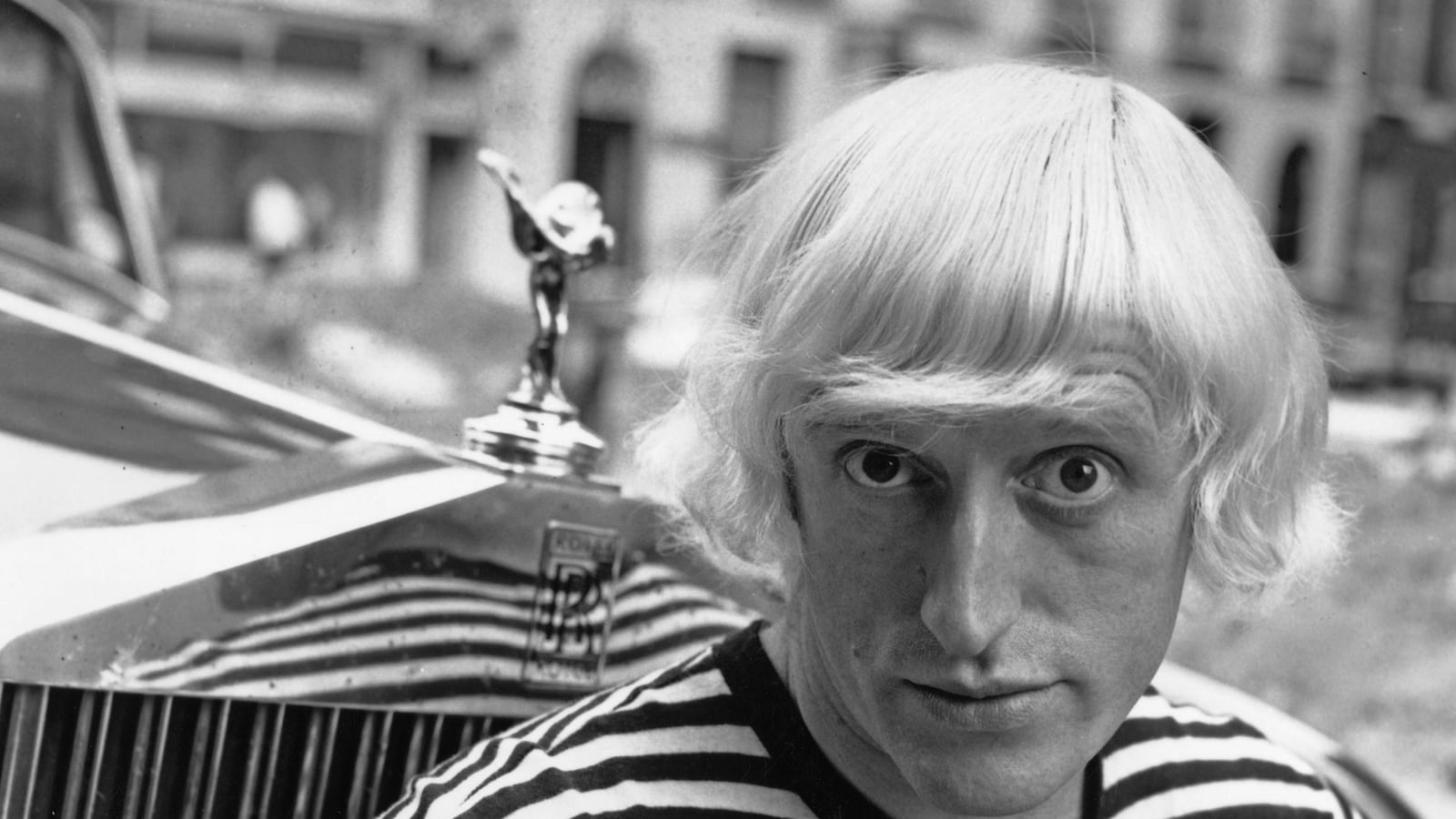Bad journalism can ruin your life. The current furor engulfing the BBC is mostly due to a hotly anticipated special report from the public broadcaster’s current-affairs flagship, Newsnight, which apparently intended to expose a senior Tory politician as a pedophile.

Though the program didn’t name the alleged perpetrator, it conveyed the entirely false implication that the politician in question was Lord McAlpine, a senior Conservative fundraiser and party chairman during the 1980s. Newsnight later issued a groveling apology, and the director general of the BBC, George Entwistle, was forced to resign after only 54 days on the job.
At the heart of the Newsnight report was the story of Stephen Messham, who, as multiple police reports and a public inquiry have firmly established, was repeatedly raped by various men when he was a teenager at the Bryn Estyn care home in North Wales in the ’70s. Among his abusers, Messham alleged, was a senior wealthy political figure who lived nearby. Though Newsnight didn’t name McAlpine, many journalists were familiar with the rumors and, having been named on social media, McAlpine found his home in Italy besieged by journalists.
The botched Newsnight report was a co-production with a not-for-profit foundation, the Bureau of Investigative Journalism, whose editor has since resigned, as it seems the most basic checks were not ever made to verify the story’s accuracy. Messham was abused so many times in multiple locations 40 years ago that his memory was always in danger of being imprecise, but calling McAlpine for comment—or merely showing Messham a picture of the former politician—could have cleared up the mess. The BBC and the Bureau of Investigative Journalism apparently failed to do both these things. Had they done so, they would have discovered these false rumors had been circulating for years.
As The Guardian reported on Thursday, the McAlpine allegation was a question of mistaken identity. Messham’s description of his alleged attacker most closely fit another person named McAlpine who lived nearby and died in 1991. Indeed, a cursory glance at the Waterhouse report into child abuse in Welsh care homes, published in 2000, would have shown that Messham believed the McAlpine in question was dead.
Messham immediately offered to apologize to Lord McAlpine in person, and his Twitter feed over the weekend showed signs of acute psychological distress. A source at Channel 4 News has since confirmed to The Daily Beast that Messham is holding up, but he seems to be a victim yet again—this time of journalists looking for a sensational story and failing to make the most basic fact-checks.
Before the exposure of the Newsnight error, the Internet was rife with the names of other senior politicians allegedly involved in pedophile activity. The accusations had become so prevalent that a television presenter, Philip Schofield, even confronted the prime minister on live TV with a list of names drawn from the Internet. As The Times columnist, David Aaronovitch, had written the day before, the whole pedophile search in the wake of the Jimmy Savile scandal was in danger of turning into a game of name-and-shame based on lurid and unsubstantiated rumors.
However, while the warnings were a salutary check against the McCarthyite hysteria online, the backlash could be even more dangerous in the long run.
Thanks to Arthur Miller’s Crucible, the Salem witch trials have become the iconic image of unreason, mass delusion, and political score settling. But when allegations of “witch hunt” are made about the pedophile obsession in the U.K., it’s often forgotten that while witchcraft is entirely imaginary, the reality of institutional abuse at Britain’s care homes is a well-established fact.
The false analogy is becoming dangerous. Writing in the Daily Telegraph today, Brendan O’Neill delivers a personalized hatchet job on the journalist responsible for the Newsnight report, Angus Stickler. Fair enough. If one investigative journalist wants to trash the reputation of another, they both have access to the megaphone of the media. But O’Neill goes much further than that. He cites Richard Webster, the now deceased author of The Secret of Bryn Estyn, to make a wider claim: “To any dispassionate observer,” wrote Webster, “it should now be apparent that the ‘paedophile ring’ enthusiastically located by journalists and others in North Wales children’s homes belongs to the realm of higher fantasy.”
This is entirely misleading. The Waterhouse Inquiry, which is due to be reexamined because of its limited remit, emphatically upheld the complaints of dozens of victims that systematic sexual and physical abuse was rife in North Wales care homes. While it could not prove that a larger national network connected with prominent figures existed, it did conclude that “during the period under review there was a paedophile ring in the Wrexham and Chester areas in the sense that there were a number of male persons, many of them known to each other, who were engaged in paedophile activities and were targeting young males in their middle teens.”
In the attempt to overturn a conspiracy theory about pedophile rings, O’Neill not only ignores the evidence already in the public domain, but goes to create his own brand of conspiracy by alleging Stickler was also running a campaign to “cause trouble for the Catholic Church.”
More troubling still is the attempt to entirely discredit Messham himself, who it should be stressed has various corroborating witnesses to his teenage abuse. On Sunday, the Daily Mail published an article (since revised) by the journalists Bob Woffinden and David Rose, which attempted to undermine Messham’s testimony because of his “unreliable” character and implying financial remuneration may have been his main motive. But the Waterhouse Inquiry explicitly dismissed this “ambulance chasing” explanation for the rash of allegations.
When it comes to ad hominem attacks, neither Woffinden nor Rose can rest on safe ground. Rose was criticized in Nick Davies’s Flat Earth News for uncritically regurgitating misinformation about WMDs in the runup to the Iraq Invasion. Meanwhile, Woffinden has written in support of “False Memory Syndrome,” the largely discredited theory that a large number of child-abuse allegations are implanted by therapists. The motives of these journalists might be exemplary, but as the Savile scandal has proved, the fact that most people find child sexual abuse repellent, incomprehensible, and even incredible can play into the hands of the perpetrators. Savile reportedly told one of his victims who threatened to expose him, “No one will believe you.”
Lord McAlpine will recover from the false allegations, and quite possibly clear his name completely in a libel suit. Meanwhile, the institutional child abuse in North Wales has already created a lost generation through suicide and addiction and 40 people have approached the children’s commissioner for Wales, Keith Towler, in the last few days to give new evidence.
So while false allegations of abuse are horrible, it is only because the reality is so horrendous, and crimes against children flourish in an atmosphere of silence and disbelief.





